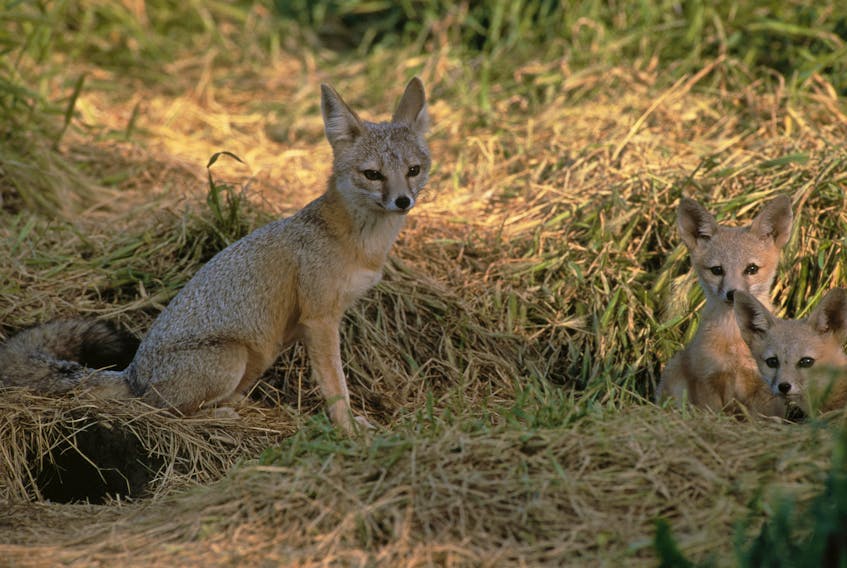By Steve Gorman
(Reuters) - An environmental group launched legal action on Thursday seeking to ban commercial use of "super-toxic" rat poisons in California, citing data showing the products pose a grave threat to a dozen endangered species and other wildlife.
The Center for Biological Diversity notified state pesticide regulators of its intent to file suit for what the group calls a failure to adequately safeguard the San Joaquin kit fox and 11 other animals protected under the U.S. Endangered Species Act.
Harm to wildlife from highly toxic "rodenticides" is most pronounced for predator and scavenger species, including mountain lions, bobcats, owls and condors, which can feed on poisoned rodents, the group said.
More than 70% of wild animals tested in California in recent years showed exposure to the rat poisons in question - so-called second-generation anticoagulants widely used by licensed pest control operators, the group's notice said.
The products are typically used in bait boxes and work by causing the animal ingesting it to hemorrhage internally over a matter of days. The slow-acting nature of the substances then poses a secondary threat to other animals that prey on those that were poisoned.
California's Department of Pesticide Regulation outlawed consumer sales of the chemicals in 2014, restricting their use to professional exterminators and agricultural purposes. But the Biological Diversity Center said exposure in the wild remained high.
Populations of endangered kit foxes near Bakersfield have been especially hard hit, with 87% of those examined testing positive for the super toxins, and state wildlife officials attributing at least five kit fox deaths to the chemicals, the group said.
The group also cited a 2018 state analysis documenting those rat poisons in over 85% of tested mountain lions, bobcats and Pacific fishers, a federally protected member of the weasel family.
Other protected species at stake include the northern spotted owl, the California condor, the Alameda whipsnake and four types of kangaroo rats.
A pesticide department spokeswoman, Charlotte Fadipe, said the agency was "actively looking into this issue."
"We also acknowledge it is essential to have tools available to control rat populations in order to protect the public health," she said.
The agency encourages "integrated pest management" combining the use of traps, removal of refuse and water sources that attract rodents, managing vegetation that can harbor vermin and sealing holes in buildings that allow pests to enter.
Jonathan Evans, senior attorney for the environmental group, said 175 less toxic rat poisons also remained on the market that are far safer to wildlife.
(Reporting by Steve Gorman in Culver City, Calif.; Editing by Bill Tarrant and Peter Cooney)









